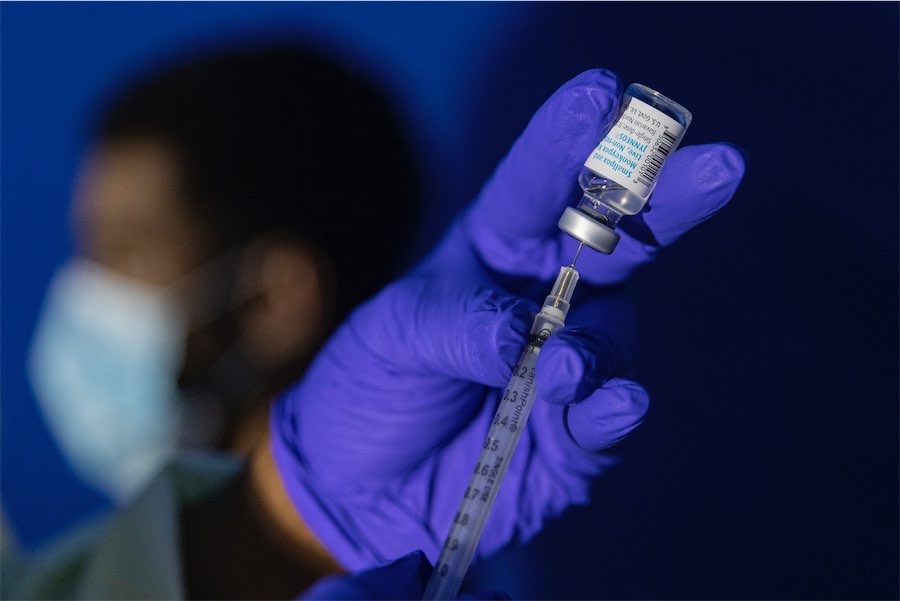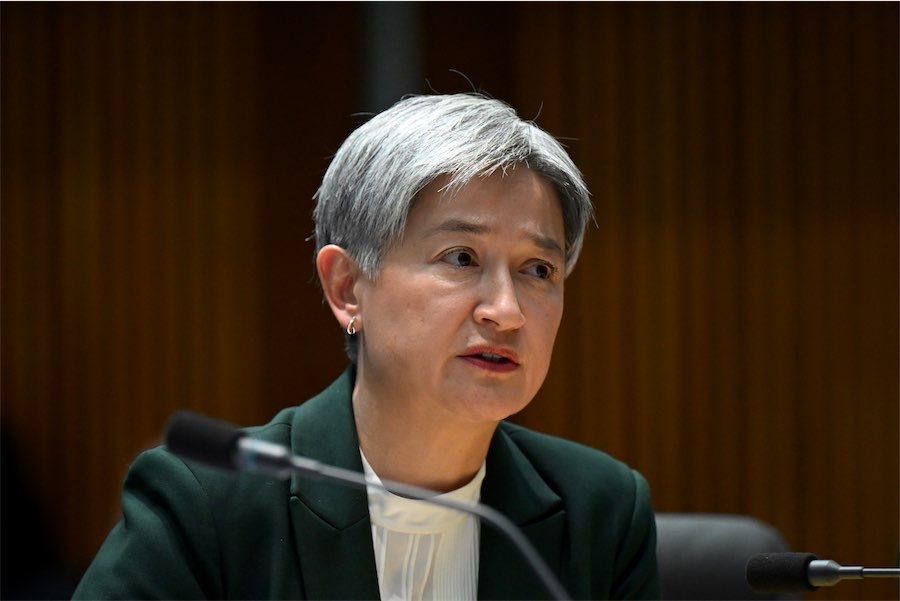
By Jack Gramenz in Sydney
People eligible for mpox vaccinations are being urged to get them as cases surge across Australia, swelling from a handful to hundreds in the space of a few months.
More than 600 cases have been notified to federal authorities in the current reporting quarter, as of Friday, amid an explosion in the virus worldwide.
The tally is up from only six confirmed cases in the first three months of 2024.
More than half of the 737 diagnoses throughout the year have been in NSW, while there have been another 254 cases in Victoria and dozens in Queensland.
The vast majority of cases are among men, although two women have also been diagnosed.
Vaccination is recommended for men who have sex with men, sex workers, and healthcare and laboratory staff at risk of exposure.
University of NSW Centre for Social Research in Health expert James MacGibbon told AAP some people had reported waiting to get vaccinated until more cases emerged following the initial, 2022 outbreak.
“We’d like to see increases in vaccination that reflect the change in transmission patterns in Australia,” he said.
Some 275 mpox cases had been recorded nationwide in September as of Friday, a new monthly peak.
Most new cases have been locally acquired, rather than in people coming from overseas, and changes to how the vaccine is administered have addressed the risk of post-injection marks that appeared for some vaccinated people.
“This might have put some people off getting the vaccine because they didn’t want to be outed … they can put that fear behind them,” Dr MacGibbon told AAP.
Eligible groups can be vaccinated for free with no Medicare card required.
Mpox is caused by the monkeypox virus, which is from the same family as the one responsible for smallpox.
The virus is transmitted chiefly through prolonged physical or intimate contact with an infected person.
A painful rash, lesions or sores, fever, chills, muscle aches, swollen lymph nodes and sore throat are among the common symptoms.
Most patients fully recover, but some can become seriously ill.
The sexual health director of the health promotion organisation ACON, Matthew Vaughan, is encouraging the take up of the vaccination for the sake of individuals and the community.
“Ensuring high levels of vaccination in our communities provides us with the greatest protection against mpox in the future, and prevents larger outbreaks from occurring,” he said.
Almost 23,000 vaccinations have been administered around the nation since January, according to data from the Australian Immunisation Register.
Mpox was declared a global health emergency in August as a new strain began spreading from the Democratic Republic of Congo to neighbouring countries.
The strain is considered more deadly and more transmissible but is not believed to have yet reached Australia.
Leaders of the Quad nations – Australia, the United States, India and Japan – discussed combating the disease at a summit earlier in the month.
“We plan to coordinate our efforts to promote equitable access to safe, effective, quality-assured mpox vaccines, including where appropriate expanding vaccine manufacturing in low and middle-income countries,” a joint statement said.
More than $US800 million ($A1.16 billion) has been pledged to the Africa Centres for Disease Control and Prevention for its response to the virus.
Who can be trusted?
In a world of spin and confusion, there’s never been a more important time to support independent journalism in Canberra.
If you trust our work online and want to enforce the power of independent voices, I invite you to make a small contribution.
Every dollar of support is invested back into our journalism to help keep citynews.com.au strong and free.
Thank you,
Ian Meikle, editor









Leave a Reply